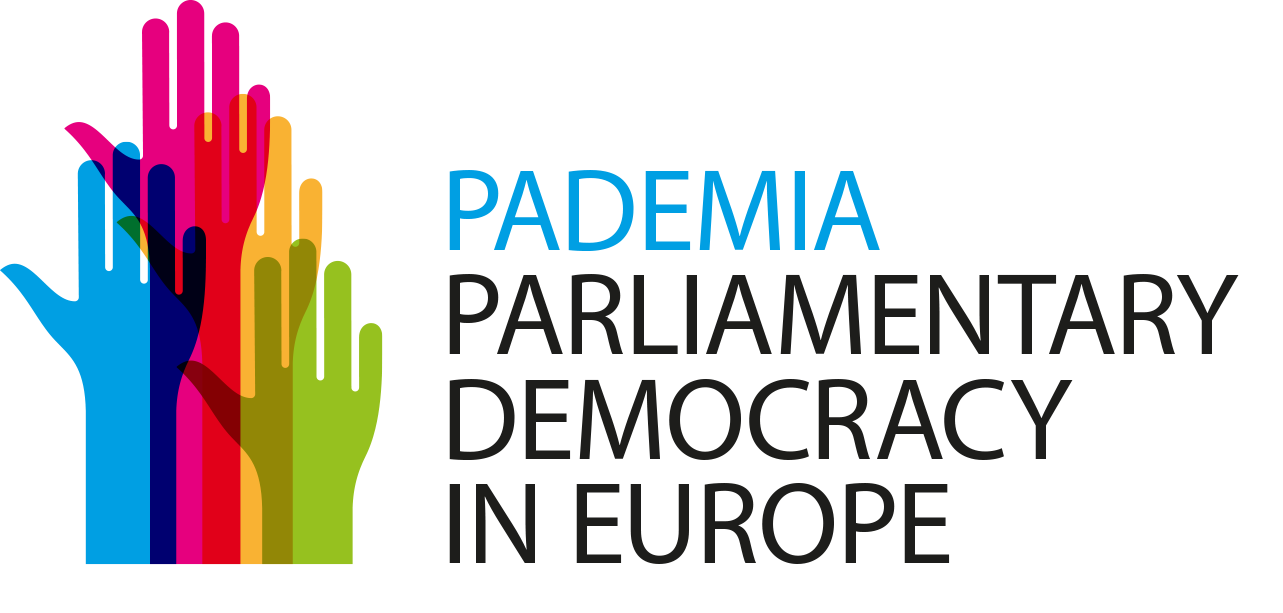This WP examines the changing roles of parties, committees and staff in parliaments across Europe, situating their activities (both formal and informal) in the context of the challenges, constraints and opportunities which EU developments and the financial crisis have presented.
Political parties
– How are developments at EU level and the particular context of the financial crisis changing the established dynamics of parliamentary party politics? What have been the implications for party discipline and the role of whips in light of intra-party differences over European affairs?
– What trends are there in populist, often Eurosceptic parties across the EU and how is this affecting mainstream parties (e.g. is it leading mainstream parties to adopt more populist rhetoric, or having the opposite effect as they try to distinguish themselves from fringe parties)? How has this affected the dynamics of government/opposition politics?
– What is the effect of regional or sub-national political parties? To what extent have such parties seized the opportunity of working at regional, national and the European levels?
– What kinds of formal and informal links are parties establishing with their own MEPs or with their party families across Europe?
Committees
– How are committees dealing with the ever-increasing workload involved in scrutinising EU legislation and policies? Is power being concentrated in European Affairs Committees (EAC) or are sectoral committees taking on larger roles?
– What is the relationship between EAC and sectoral committees? Which actors take the final decisions?
– Has scrutiny of economic and financial matters improved, or are policy and money largely kept separate?
– What kinds of resources do committees have at their disposal? Has the financial crisis affected them?
– What kinds of links, formal (COSAC, COFACC, etc) or informal, do committees have with those in other parliaments? What are the pros and cons of such links?
Staff
– How has the role of parliamentary staff, especially clerks responded to developments at EU level and/or the financial crisis (if at all)?
– What are the particular challenges they face in trying to maximise their roles?
– To what extent do changes in the roles of political actors (e.g. the role of the EAC, sectoral committees or the plenary) affect the roles and distribution of staff?
How strong are their links, either formal or informal, with staff in other parliaments, national, European or sub-national? What are the benefits of such links?
